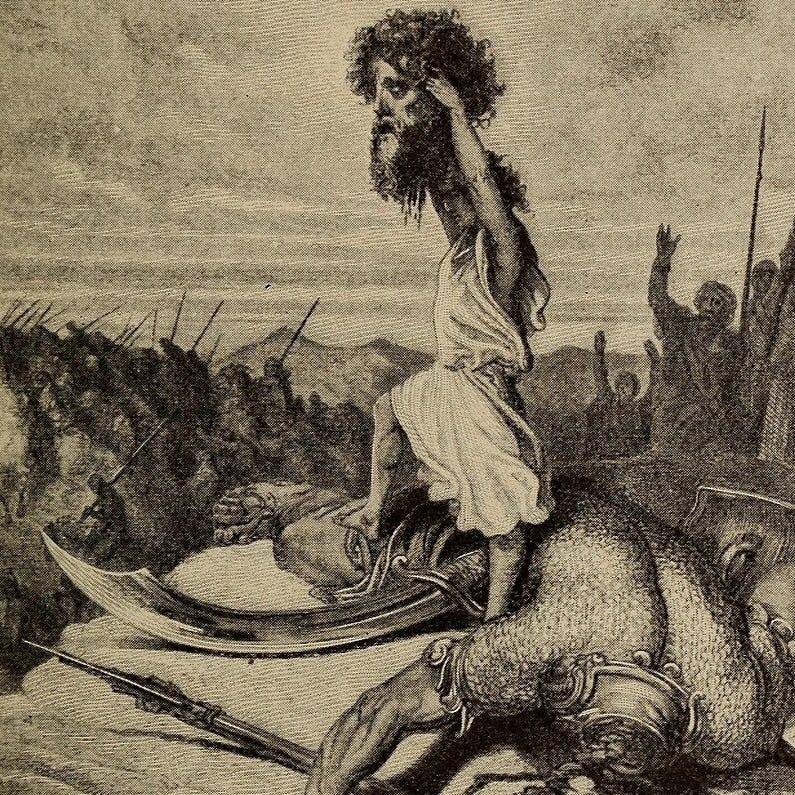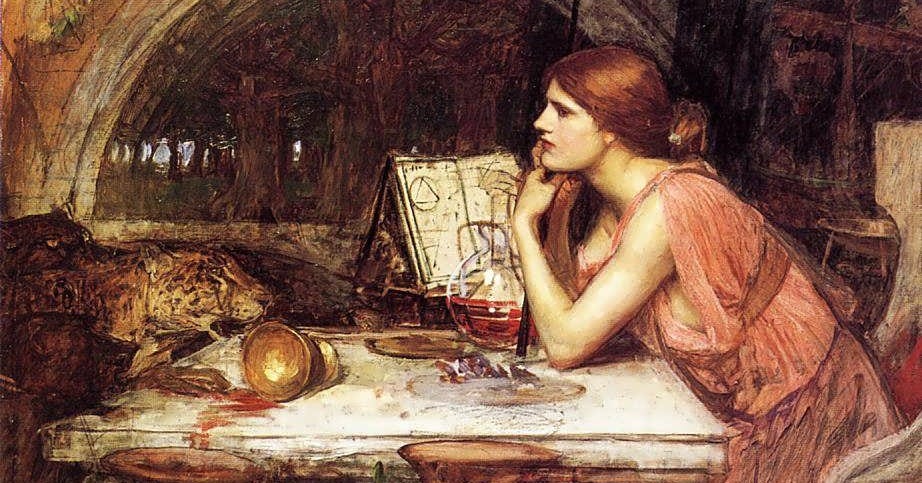We need an Untamed Christianity
A love unbridled by the world
We need an untamed Christianity.
Christians have been made safe, feasting upon the falsities of the world, losing their own identity and becoming a pusillanimous husk of the once vital Christian spirit.
Christians, who worship the God of love, now turn to the world to know what love is.
Christians have been conquered by comfort—lulled into a soft complacency in which the Christian identity slips into forgetfulness. Christians turn to the world to know who they are, and in doing so lose their Christian identity.
Yet, Christians worship an untamed God.
Jesus tells them to “fear no one,” and they must shed the sluggishness of soul they have adopted and arise from the madness of this world. Christian love cannot be bridled by worldly values.
It is a lesson best taught by Homer and C.S. Lewis.
Reminder: this is a teaser of our members-only deep dives.
To support our mission and get our premium content every week, upgrade for a few dollars per month. You’ll get:
New, full-length articles every Tuesday and Friday
The entire archive of members-only essays
Access to our paid subscriber chat room
A lesson from the Odyssey
The homecoming of Odysseus is one of preservation, resolve, and wit. In Homer’s Iliad, Odysseus spends ten years fighting in the Trojan War, and in the Odyssey he will spend ten years fighting to return home. After several adventures, Odysseus and his men land on the island inhabited by the sorceress Circe. She turns Odysseus’ men into pigs, and Odysseus, with the help of the god Hermes, is able to overcome the sorceress and return his men to their natural state.
Odysseus then elects that he and his men will remain in Circe’s house, and she throws grand feasts with choice meats and heady wines to ease their troubled hearts. Odysseus, who slept with Circe when he saved his men, continues to enjoy her. She lulls all the battle hardened warriors into a comfortable complacency.
And in his easy indifference, Odysseus slips into forgetfulness.
Odysseus forgets about his journey home. He forgets who he is. He forgets about his son, Telemachus, and his wife, Penelope. Odysseus is not conquered by force. Odysseus, under the weight of comfort and ease, suffers from acedia, a slothfulness about the important things in life, and loses his own identity—what it means to be Odysseus, the king who returns home. He is conquered by comfort.
For a year, the witch tames Odysseus—until his men cry out that this is “madness” and remind him of his purpose. He needs to return home to the place where he belongs: the king to his kingdom, the husband to his wife, the father to his son.
It is only then that Odysseus is moved to break free from the comfort and complacency of the witch’s care and restart the journey home—the journey that bears his true identity.
The Church is like Odysseus
In the story of Odysseus, you are offered a mirror into the problem of Christianity. Christians have largely forgotten who they are. A deep forgetfulness has been kneaded into the Christian heart. Like Odysseus, Christianity has been conquered by comfort. Amongst pleasure and enjoyment, Christians forget their purpose. They forget they too are on a journey home. They are feasted and entertained and made comfortable until their identity as a child of God is erased. As Circe was able to lull the warriors into complacency, so too does the world lull Christians into acedia—a spiritual slothfulness.
In other words, Christianity has been tamed.
Christians have become soft and worldly. A lie seeps into the Christian heart that this life is easy, that it is permissible to feast at the table of the world, to enjoy its comforts—and that any push back against this softness is radical, unreasonable, or troubling.
And in these worldly pleasures, the Christian finds a new identity. Christianity, having slipped into a deep forgetfulness, turns to the world to tell it what Christianity is. Christians accept the world’s opinions about its histories, its saints, its morals, and even its God.
Christians, who follow the God of love, turn to the world and ask what love is.
Like Odysseus and his men at Circe’s table, Christians have been tamed and made safe. They have grown sluggish in soul and purpose. They have forgotten their journey home—the home that informs them of their identity and mission.
Yet, like Odysseus’ men crying out for him to awake from his madness, so too do the saints and angels cry out for Christians to awake from the madness of the world.
Christians are called to arise from their sluggishness—to be bold and vigorous, to not feast upon the pleasures of this world, but to proclaim Jesus with a prophetic, unashamed voice.
And an untamed Christianity finds itself in knowing and loving its untamed God.
It is a lesson a young girl named Jill learns well.





